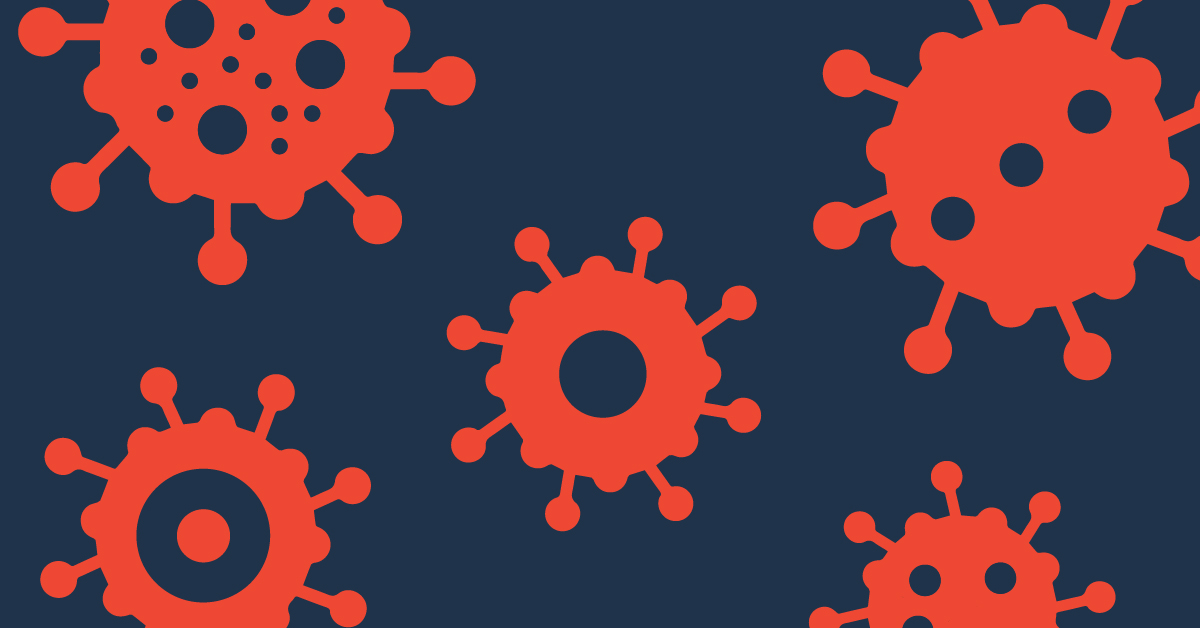The Latest Innovations
Mental illness affects millions of Americans each year and extracts a heavy human toll in the U.S. But thanks to the dedication of biopharmaceutical researchers, there are now numerous advances that help alleviate patients’ burdens, improve their quality of life and transform a very difficult disease into a highly treatable and manageable condition. Currently, there are more than 140 medicines in development for mental illnesses. Among these is a once-daily oral treatment designed to rebalance brain function. Where depression deregulates a patient’s brain, this medicine offers a novel mechanism that helps patients readjust to a healthier state of being. If proven effective, it would be a huge win for the millions of patients who do not respond to standard antidepressant therapies.
Researchers are also making incredible headway with schizophrenia, a chronic and severe mental disorder that affects how a person thinks, feels and behaves. This disease in particular comes with both positive symptoms (psychotic behaviors like hallucinations not generally seen in healthy people) and negative symptoms (disruptions to normal emotions and behaviors). To combat this, researchers are testing a breakthrough medicine that works by inhibiting the biological response of both dopamine and serotonin receptors in the brain. With its first-rate pharmacological profile, it is thought that this medicine will reduce the occurrence of side effects traditionally associated with some mental health treatment options.
These new innovations—whether they stem from existing treatments reimagined or a new compound yet to be discovered—come with a lot of hope and promise for the millions who suffer from mental illness. One of these new medicines could be lifesaving for those impacted by mental illness.




